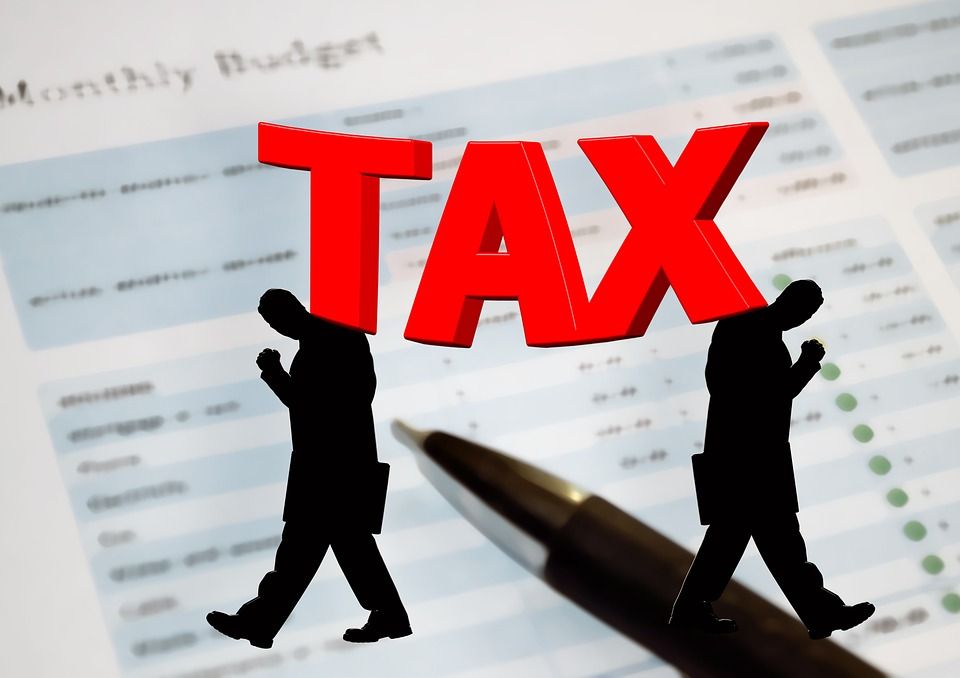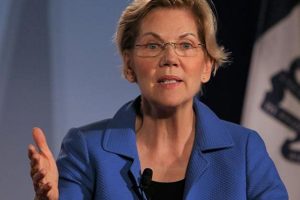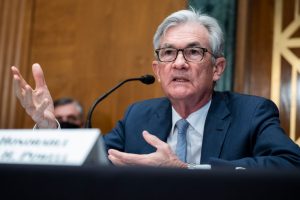Commodity traders have urged the government to abolish the Commodities
Transaction Tax (CTT). The tax was first imposed in 2013 in commodity futures.
Since then, market participants have been demanding it’s removal, but the
government has not obliged.
Also Read | Budget 2022: FADA seeks reduction in GST and depreciation rate for vehicles
The industry says trading volumes have declined significantly and many
corporate houses have moved to overseas markets. It has been raising its
concern and has said if the government wants to save the commodities market, it
must remove the CTT.
What is the CTT?
The government introduced the CTT in the futures segment for
non-agricultural commodities, including bullion, energy and metals. The tax
rate is 0.01% – on every transaction worth Rs 1 crore, a CTT of Rs 1,000 is charged. The
government aimed to raise at least Rs 2000 crore through CTT. The industry says
that the gains to the exchequer are not more than Rs 600 crore and once the
loss through GST is adjusted, the additional revenue is around Rs 450 crore.
Also Read | Budget 2022: ICEA seeks reduction in import duty on mobile components
Significant decline in trading volumes
Industry body Commodity Participants Association of India (CPAI) said
that since the imposition of the CTT trading volumes have dropped over 60% in
the past 9-10 years. In 2020-21, the volume was reduced to Rs 31,500 crore from
Rs 70,000 crore in 2012-13.
Also Read | Budget 2022: TDS/TCS on crypto trading expected in upcoming budget
Despite being a top player in the industrial copper segment, India is
behind China by 32 times in terms of trade on the MCX. It is behind the London
Metal Exchange (LME) by 63 times.
The industry body also urged Finance Minister Nirmala Sitharaman to
consider a tax reduction of Rs 500 per Rs 1 crore of the transaction if the
government cannot completely do away with it.
Also Read | Budget 2022: Government expected to cut subsidy bill on food and fertilizer
And even if it cannot be reduced, then at least it should be considered
as tax paid instead of an expense. This will allow an income tax rebate. The
CPAI believes that this could encourage trading and increase volumes.






